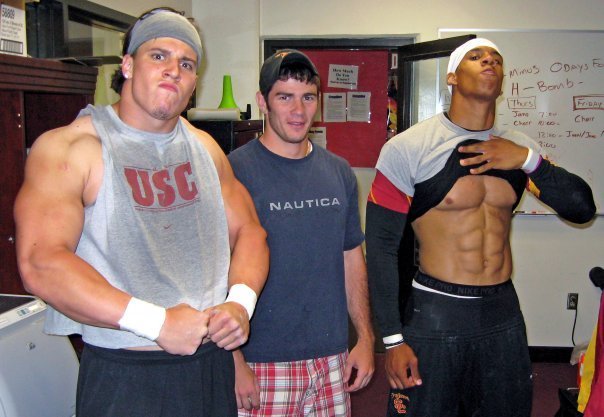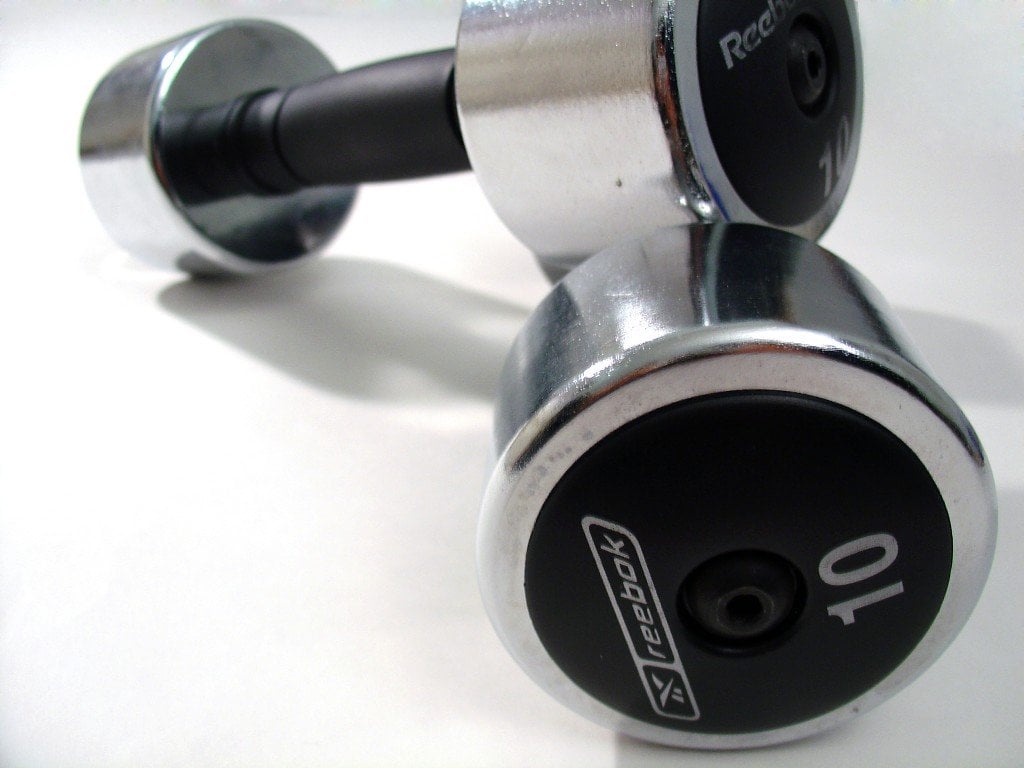If Your "Strategic Plan" is Missing This Then Your Weight Room Will Fail
The reality of the strength and conditioning industry is that we all are pretty much the same.
Every coach utilizes basic movement patterns (squat, hinge, push, pull, core/carry), we all teach sprinting and jumping mechanics, and we use a variety of evaluations (FMS, jump testing, RM testing) to ensure that we are doing the best job that we can for our athletes. What separates one coach from another? Why can one coach get athletes bought into the training process while many others struggle to get kids to even show up to sessions? The answer lies in the culture of the team surrounding the weight room.
Most athletes do not care if you are an Olympic lifting guy, or a powerlifting guy, or a functional movement guy. Many of them don’t care what your degree is in or whether you are a SCCC guy or a CSCS guy. Now that everything that makes you a strength coach has been discounted what do you have left?
Weight room culture defines the environment that your team trains in and it is different for every team. Some teams love to come in and load the bar up push themselves on a daily basis while others would never step foot near the weight room if it wasn’t required by their sport coach. When I first got into coaching, it was hard for me to understand how someone didn’t love the weight room. As a collegiate hammer/weight thrower in track and field the weight room made up close to 50% of my training. I lived to squat, clean, and snatch heavy and often. When I began coaching my first team was cross country, a stereotypically non-weight room loving sport. Working with this group taught me the importance of getting to know your athletes prior to expecting them to work for you. I had to learn to motivate a group that didn’t understand, or care to learn, the importance of strength training for their sport.
With that group a large motivating factor in getting them to work hard was that they wanted to use the weight room to enhance their appearance while they ran. We had at least 15 minutes during each session dedicated to getting “Tank Top Arms." Was it functional? Hell no! But it got them team going and the energy was always there during those sessions. When they started to see results, they completely bought into the training process. Learning what motivates your athletes can aid in adding to a positive weight room culture. Without knowing anything about your athletes, motivating them will be close to impossible and your weight room will fail.
Once you have figured out what motivates your athletes, you have to find out what kind of people they are. Many coaches will assume that working at a large (Division 1 FCS or FBS) university means that your athletes are the top tier of individuals. They are driven to succeed in all aspects of life and will do whatever it takes to succeed in life. That statement is, sadly, not true. 18-23 year old men and women are the same no matter where you go. They are trying to figure out who they are, who they want to spend their time with, what they want to be when they grow up, and are playing sports for a multitude of different reasons. Many continue to play because it is something they have always done and want to play at the highest level. Some play because of pressure from parents and coaches to continue to play. Others are simply trying to get a free education. You have to take this into account when learning to motivate your athletes. The level of motivational tactic depends on the kind of athletes. Type A personalities who are driven will not need the same motivation as the kid who is still only playing sports because his parents want him to. Learning what motivates your team is great, but not everyone on the team is motivated by the same thing.
Keeping the Sports Coach Involved
A large part of weight room culture has to come from the head sport coach. Many coaches preach about how important it is for our athletes to be bigger, stronger, faster, and fit for their sport, but do not invest their attention into what is going on in the weight room. Just as strength coaches need to take an interest in our team outside of the weight room, the sport coaches need to take an interest in what is going on in the weight room. If the sport coach cares, it will reflect on the team. If the sport coach doesn’t care, regularly cancels sessions, never makes an appearance in during training sessions, or prioritizes anything else in place of your scheduled weight room time without even consulting you then they don’t care. As the strength and conditioning coach, you need to work with your sport coach to create a strategic plan and make the weight room a priority. Some of the easiest ways to keep your sport coaches involved in the training process are:
- Reporting attendance to them: If they truly care as much about the weight room as they say they do it will bother them if athletes are consistently missing/skipping or frequently late.
- Reporting performance increases: Some sport coaches are obsessed with numbers. Their athletes need to bench x, squat y, and jump a million inches in the vert. If you can show performance improvements it will keep your coaches on your side and supportive of the training process.
- Meet with your coaches often to discuss the training year: Keeping your coaches in the loop on what you are doing at specific times of the year/season and ensuring that they understand the process can aid in getting your coaches more involved. If you are peaking for a conference championship and the coach thinks you should be still lifting heavy it might be worth your time to explain to them the mechanism behind your programming and how it will impact the athlete’s performance.
- Have the coach remind the athletes of the importance of the weight room: If you sport coach makes reference to the work the athletes are doing with you it will show the athletes that the training process is important and it must be taken seriously.
Weight room culture can have a profound impact on what you do as a coach. If you have to spend 20 minutes getting your athletes focused in a ready to train it may be worth your time to take a step back and reevaluate what you are doing. Getting to know your athletes and what motivates them is the first step to developing a great culture, but without the support of your sport coaches it may all be for not.
Subscribe to our blog
Subscribe to receive the latest blog posts to your inbox every week.
Related posts

Why Your Leaders On-The-Field Also Need to Be Leaders in the Weight Room

Your Team is on the Road, and You're not With Them, What Do You Do?
